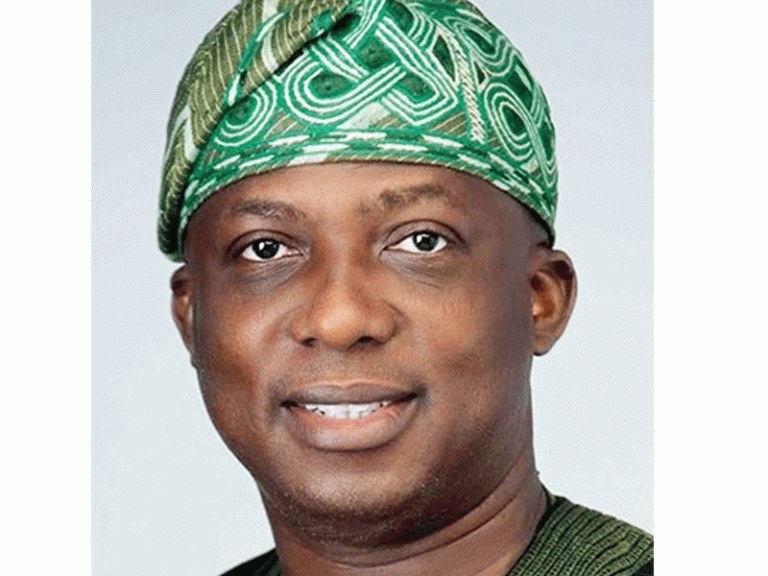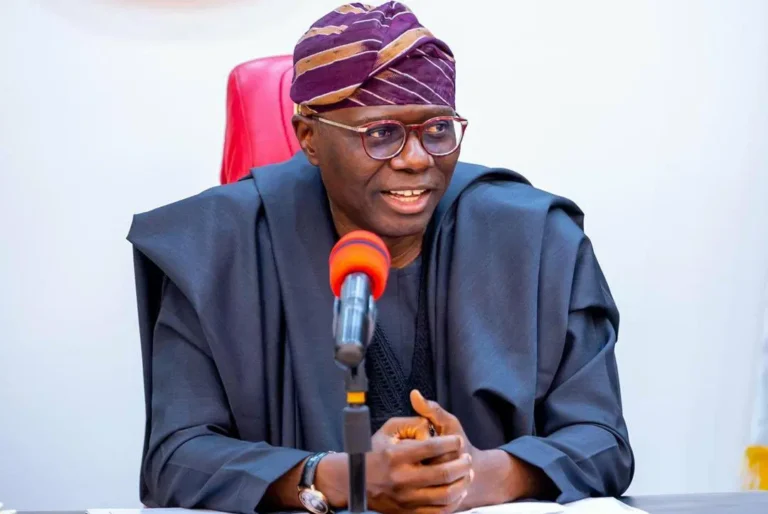
The tariff hike in Nigeria’s telecom sector has sparked widespread debate about its potential impact. While telecom operators argue that the increase is essential for business sustainability, many Nigerians fear it will worsen their already strained finances. TEMITOPE AINA writes
Telecommunication tariffs in Nigeria have long been considered affordable, particularly when compared to other sectors where prices have steadily risen. However, the prevailing economic challenges, rising inflation, the removal of subsidies and increased energy costs have made it increasingly difficult for telecom companies to maintain profitability. As a result, operators have pushed for tariff hikes, a move that has raised concerns among consumers struggling to manage daily expenses.
The Director and Chief Economist at Proshare Nigeria LLC, Teslim Shitta-Bey, described the telecom operators’ predicament as a “Catch-22,” a situation where they are faced with two bad choices. He explained that while inflation has surged, the cost of telecom services has remained relatively stagnant for over 12 years, making the sector’s operations unsustainable.
“Inflation rates have increased significantly, and in the past 12 years, the cost of services to users has not gone up. This has become unsustainable for the telecom sector,” Shitta-Bey said.
He further noted that telecom companies, especially the major players, are operating in a high-cost environment. From soaring energy prices to the rising cost of imported equipment, maintaining quality service without passing on these costs to consumers has become increasingly difficult
“For telecom companies, a tariff hike is seen as the only viable option to restore profitability and ensure future growth,” Shitta-Bey warned.
The Minister of Communications, Innovation, and Digital Economy, Bosun Tijani, recently confirmed that telecom tariffs will increase, although not by the 100 per cent proposed by operators. He emphasised the government’s role in balancing consumer protection and ensuring that telecom companies remain profitable enough to continue investing in the sector.
Inflation, rising costs push tariff hike
The Secretary-General of Private Telecommunications and Communications Senior Staff Association, Okonu Abdullahi, harped on the industry’s struggles but also warned that the situation was far more complex than usual.
“While as trade unionists we oppose any tariff hike, the current circumstances are different,” Abdullahi explains.
He noted that the removal of subsidies and hikes in electricity tariffs have skyrocketed operational costs, affecting telecom companies, adding that these sectors contribute directly to the cost of telecom operations, and the rising costs have started taking a toll on workers.
“Employers are unable to adjust workers’ salaries as they too are struggling with rising costs,” the unionist adds. If the hike is not implemented, the telecom sector’s stability could be at risk.
Consumers will inevitably feel the impact, but the unionist remains confident that Nigerians will adjust to the new circumstances. The trade-off, however, remains steep: an economic strain on the public in exchange for the sector’s survival.
SOURCE: PUNCH




